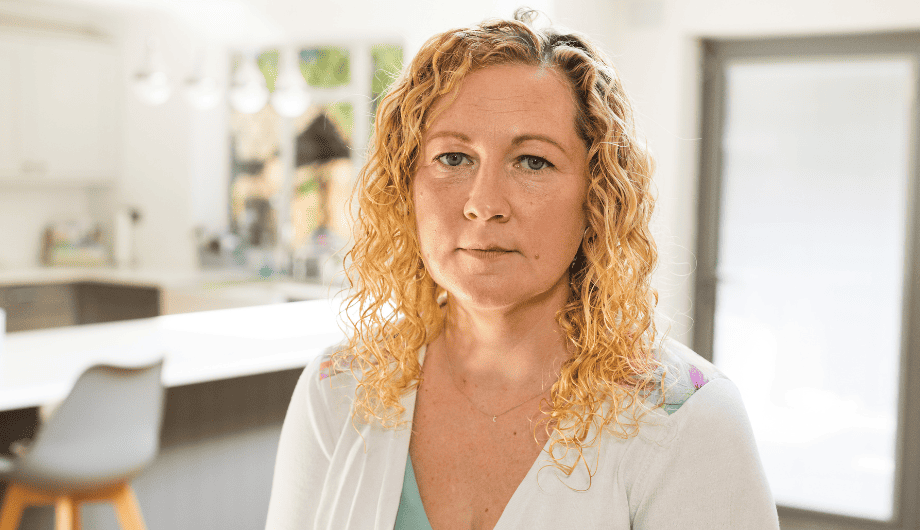
Saïna’s story – A song for my beloved grandpa, Ralph
Saïna opens up about how her grandfather’s dementia has affected her, and how songwriting has provided a release.
When you are thinking about your future care, it is important to discuss your wishes with family, friends and health and social care professionals and make a record of what you would like to happen. You can do this by making an Advance Care Plan.
An Advance Care Plan is a record of your preferences about your future care and support, including decisions about medical treatment and end of life care. It is sometimes known as an Advance Statement.
It is not legally binding, but will help the people involved in your care understand and respect your views and wishes.
If you have dementia, making an Advance Care Plan is important because it may become harder to make decisions or communicate your wishes as your condition progresses.
If you are making an Advance Care Plan, try to involve close family members and friends, and your health and social care professionals.
An Advance Care Plan covers matters like:
Our Advance Care Plan template will help you write your Advance Care Plan with the help of those around you. You can download and print it here.
To help you fill in the template, read our booklet Planning now for your future which provides you with more information.
An Advance Decision, also known as an Advance Decision to Refuse Treatment (ADRT) or ‘living Will’, is a legally binding document that sets out what medical treatment you do not wish to receive in the future, such as:
You must name each treatment you do not wish to have, sign the document, and get it signed by a witness.
The charity Compassion in Dying has a template that you can fill in online or on paper.
Thinking about your future wishes can be difficult. If you would like to discuss Advance Care Planning or any other aspect of dementia with a specialist Admiral Nurse, please call the free Dementia Helpline on 0800 888 6678 (Monday-Friday 9am-9pm; Saturday and Sunday 9am-5pm), email helpline@dementiauk.org or you can pre-book a phone or video appointment with an Admiral Nurse.
Our virtual clinics give you the chance to discuss any questions or concerns with a dementia specialist Admiral Nurse by phone or video call, at a time that suits you.

Saïna opens up about how her grandfather’s dementia has affected her, and how songwriting has provided a release.

Ricky’s talks about how his Gran’s dementia diagnosis impacts his whole family and why he is supporting the ‘We live with dementia’ campaign.

As a carer for her mum, who has vascular dementia, Clare is taking part in our ‘We live with dementia’ campaign to make more people aware of the support our nurses offer.